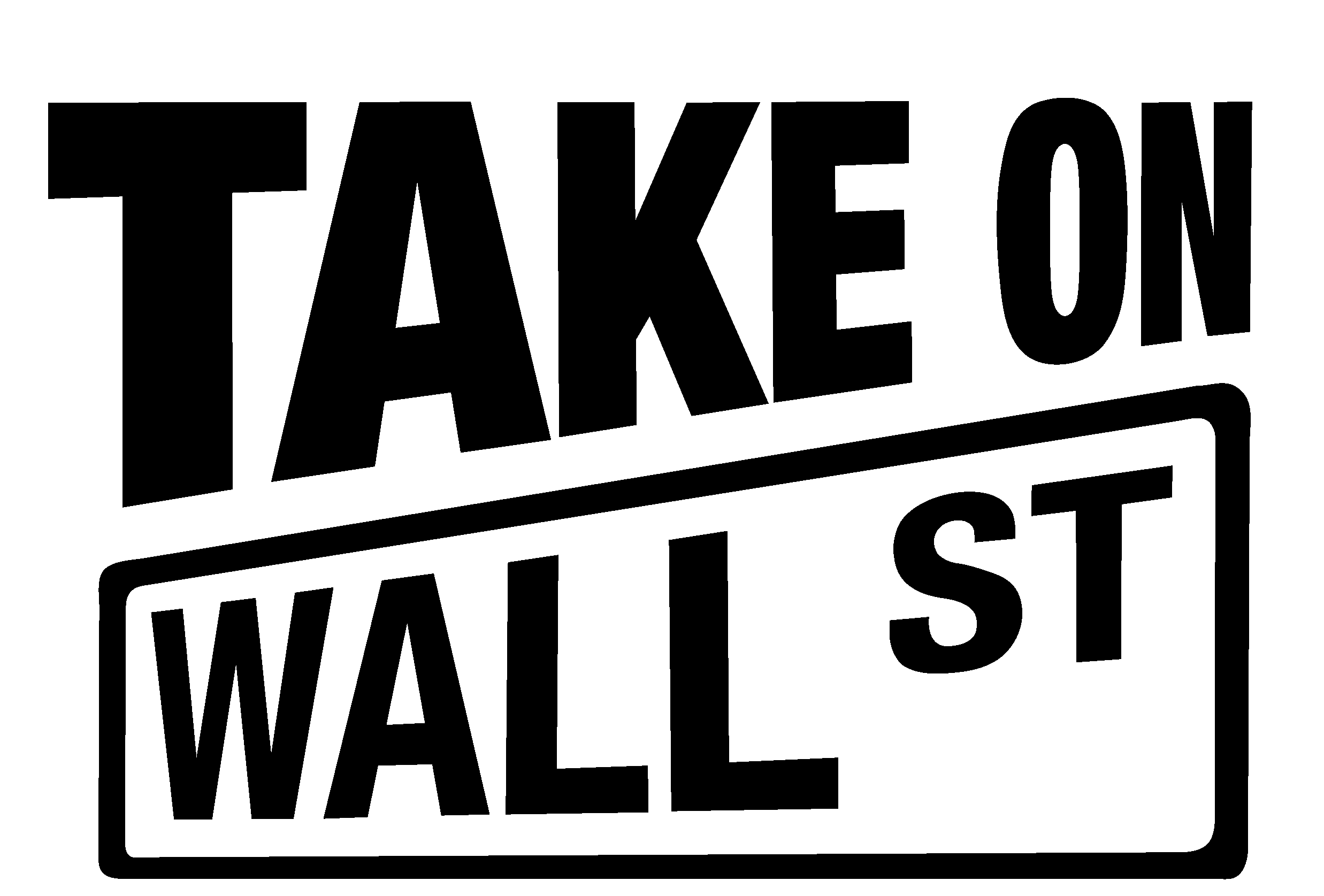Political organizations hide their pro-finance politics under the cloak of bipartisanship while they rake in funding from corporate interests.
By Porter McConnell and Rion Dennis. Originally appeared in Inequality.org.
Wall Street’s money oozes into many dark crevices in Washington. The financial services industry pumped $2 billion into the 2015-16 election cycle and managed to easily outpace that amount during this year’s midterm election. Other than the aggregate figures, there is much we don’t know about the exact ways this money is used to influence our political systems. But from time to time, we do get a particularly vivid peek into how Wall Street cash distorts debates about policy.
For years, the group No Labels and its close partner, the bipartisan Problem Solvers Caucus, have quietly promoted policies that are wrapped in the mantle of bipartisanship and pitched as “non-ideological,” while being in the pay of corporate interests. They produce reports, sponsor events, and weigh in on policy on behalf of unnamed corporate donors.
Even when Wall Street isn’t directly funding specific activities, its pervasive funding helps get its talking points into conversations with members of Congress. At an orientation program run by Harvard University, former executives or lobbyists with Goldman Sachs, Bank of New York Mellon, and the private equity trade association were on the agenda as “experts” on Congress. The label fits in the way the Big Bad Wolf is an expert in porcine house construction.
Recently published internal documents blew the lid off how much of the money behind No Labels comes from Wall Street. Its donors include executives from major asset managers (Trian Fund Management), hedge funds (Oaktree Capital Management) and private equity (Apollo Global Management), among others. Donors pledged $4.8 million to the No Labels non-profit arm in 2017, and also sent industry money to PACs affiliated with the group.
Former Democratic senators Joe Lieberman and Evan Bayh, who both worked as industry lobbyists after leaving Congress, are affiliated with No Labels and the Problem Solvers Caucus. Rep. Mark Pocan, now a co-chair of the Progressive Caucus, has written with remarkable candor about being “duped” by both organizations when he first joined the House in 2012. Beneath the veneer of bipartisanship, Pocan soon discovered the true aim of both groups — to import a pro-corporate agenda into Democratic politics.
Deregulating Wall Street is simply not a popular message with voters. Americans of all parties consistently support curbs on Wall Street’s influence in Washington. Poll after poll has shown this is true — you can take it from our own survey, or the one released last week from Morning Consult, or even from research straight from the American Enterprise Institute and the Koch brothers.
So it’s no wonder the bank lobby tries to make its argument under the cover of seemingly neutral organizations like the Problem Solvers’ Caucus and their corporate-sponsored nonprofit friends. But voters back home — and now their new representatives in Congress — are seeing past the sheep’s clothing to the Wall Street wolves within.
Headlines over the last few weeks have given us a glimpse of how Wall Street guarantees a return on their political investment. From dark money for new candidates to the swanky DC-based nonprofits and think tanks providing “services” like congressional orientations, from folksy ads with a bipartisan veneer to the more familiar traditional lobbying efforts: Wall Street runs a multi-pronged influence machine.
If the Democratic Party is going to be the party of the people — and not the billionaires and financial interests that have dominated Washington for the past half-century — seating progressive champions on the House Financial Services Committee is a great place to start.
Speaker Pelosi should send the message to the Democratic Caucus and the nation: the House Financial Services Committee is the public’s watchdog, not a fundraising opportunity. Wall Street’s “Problem Solvers” need not apply.
Porter McConnell is the Take On Wall Street campaign director. Rion Dennis is legislative & advocacy strategist for Americans for Financial Reform.


Leave a Reply